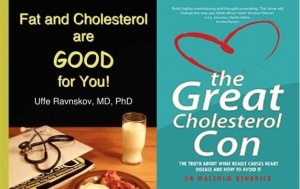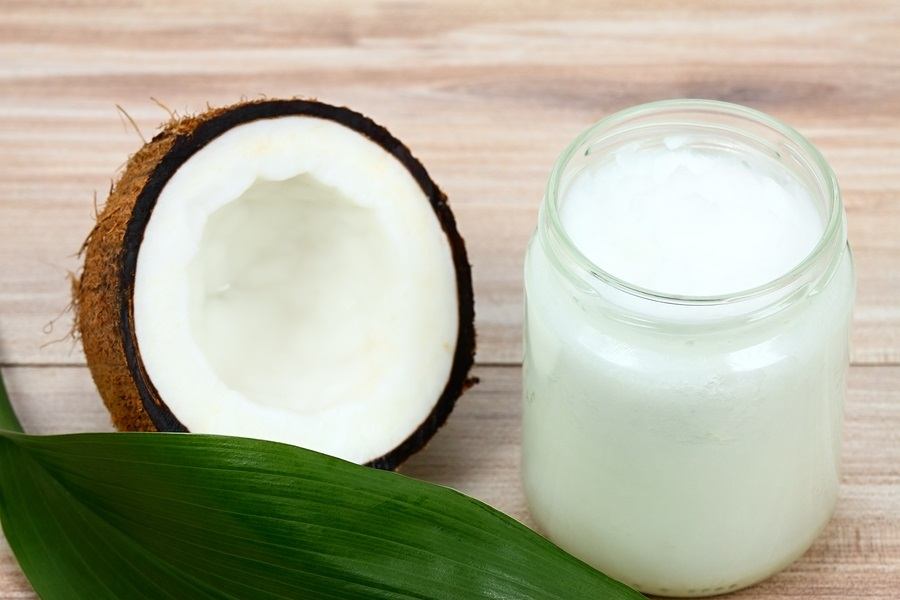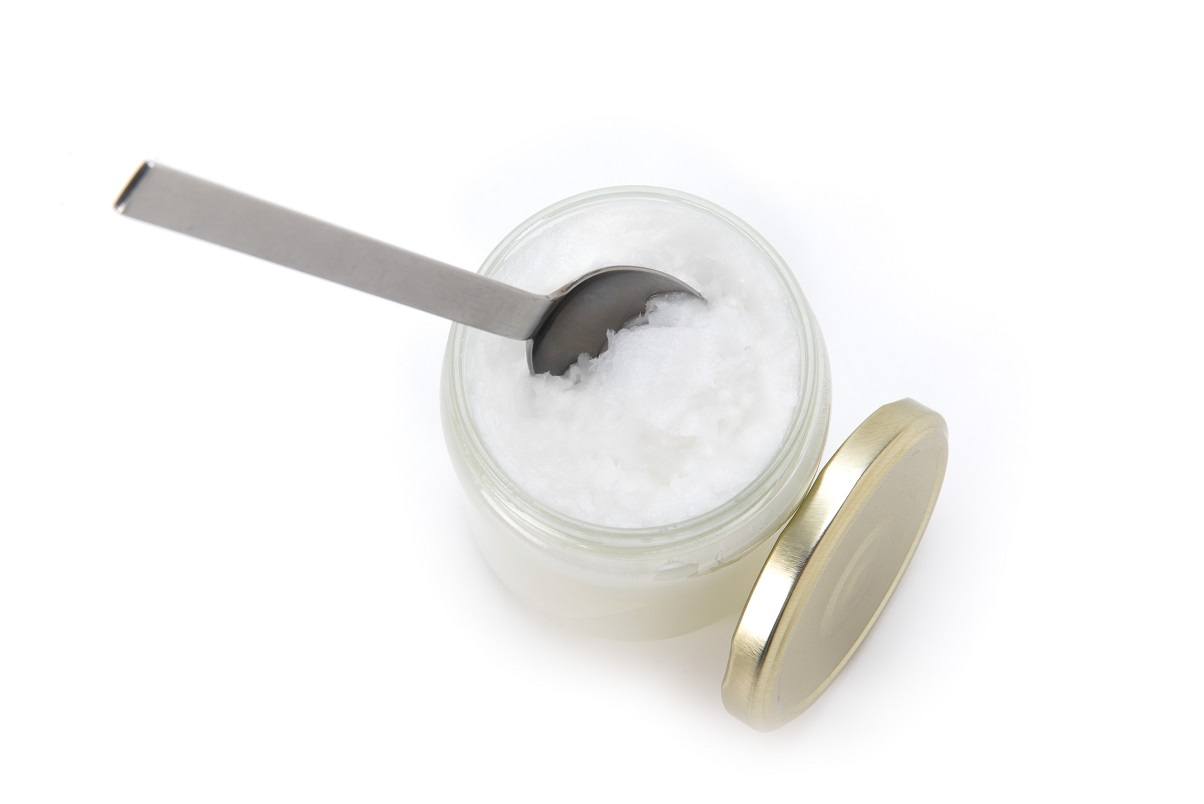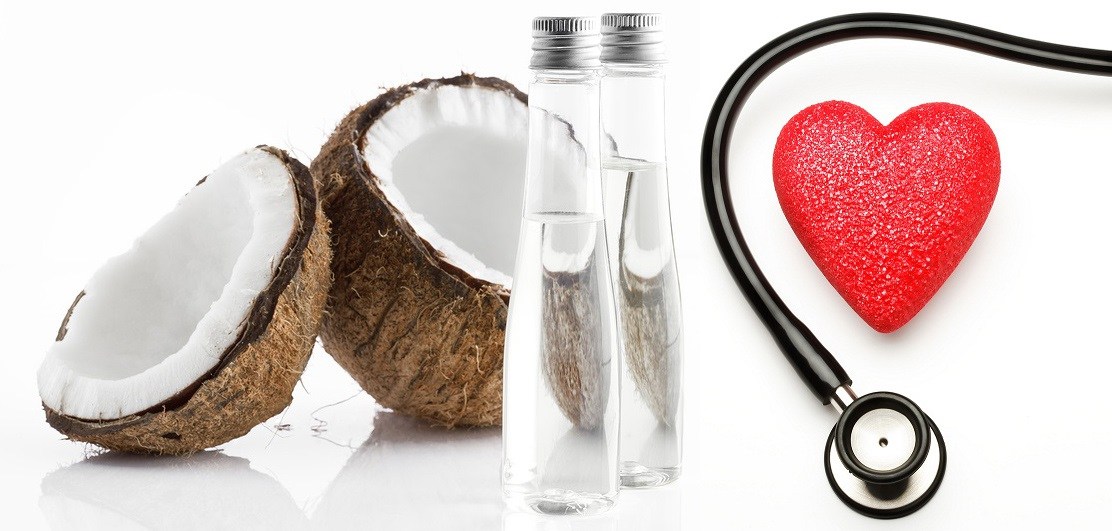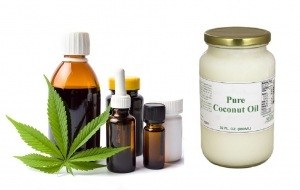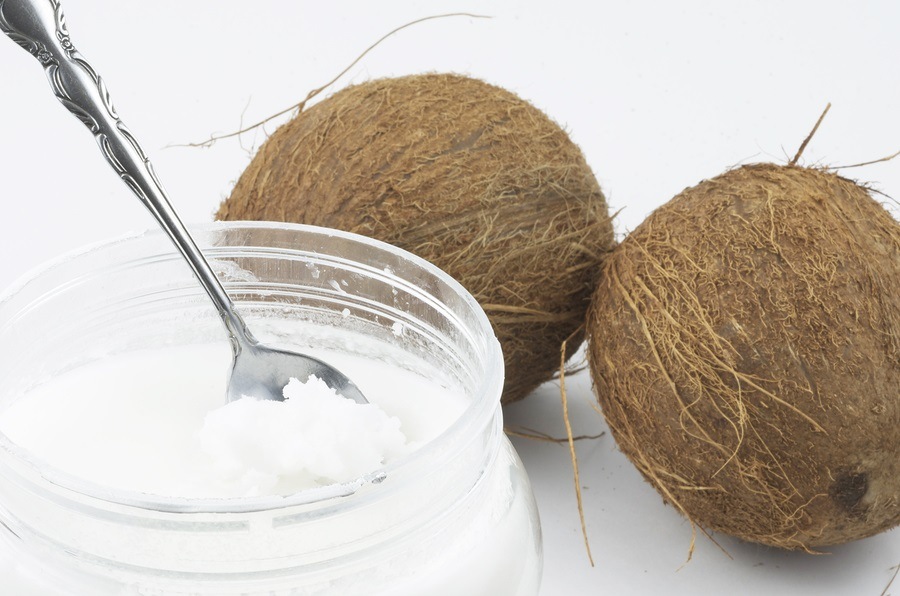Exposing the Cholesterol Myth: Big Pharma and Their Corporate “Mainstream” Media Strike Back
It seems to coincide that when fraudulent medical or nutritional dogma promoted by mainstream medicine or government nutritional institutions starts getting exposed in the alternative media, they both double down with the aid of mainstream media, especially if the result of that exposure is lowered sales of statin drugs and processed non-fat foods. This is what is happening with both statin drugs and saturated fat disinformation. But now the empire is striking back. Cleveland Clinic cardiologist Dr. Steven Nissen writes: "We are losing the battle for the hearts and minds of our patients to websites developed by people with little or no scientific expertise, who often peddle ‘natural’ or ‘drug-free’ remedies for elevated cholesterol levels. This 'Internet-driven cult' denies statins’ benefits and whips up fears of side effects, then profits from the resulting confusion by peddling snake oil. The diversion of patients away from evidence-based therapy by advocates of unproven dietary supplements must be vigorously opposed by physician-scientists. Similarly, the claims that cult diets can reverse heart disease have no scientific basis and represent a danger to public health." Dr. Nissen’s viewpoint was also covered in a MedPage Today article titled “CardioBrief: Statin Denialism Is 'A Deadly Internet-Driven Cult,'" where Dr. James Stein (University of Wisconsin) supported Dr. Nissen’s editorial with more vitriol than even Dr. Nissen expressed, stating: "There is a special place in hell for people who use fear tactics and misinformation to promote books and natural health aids, including crazy diets, at the expense of proven medical therapies, rather than as complimentary options under medical direction. I am not sure why Americans are so susceptible to these charlatans."



